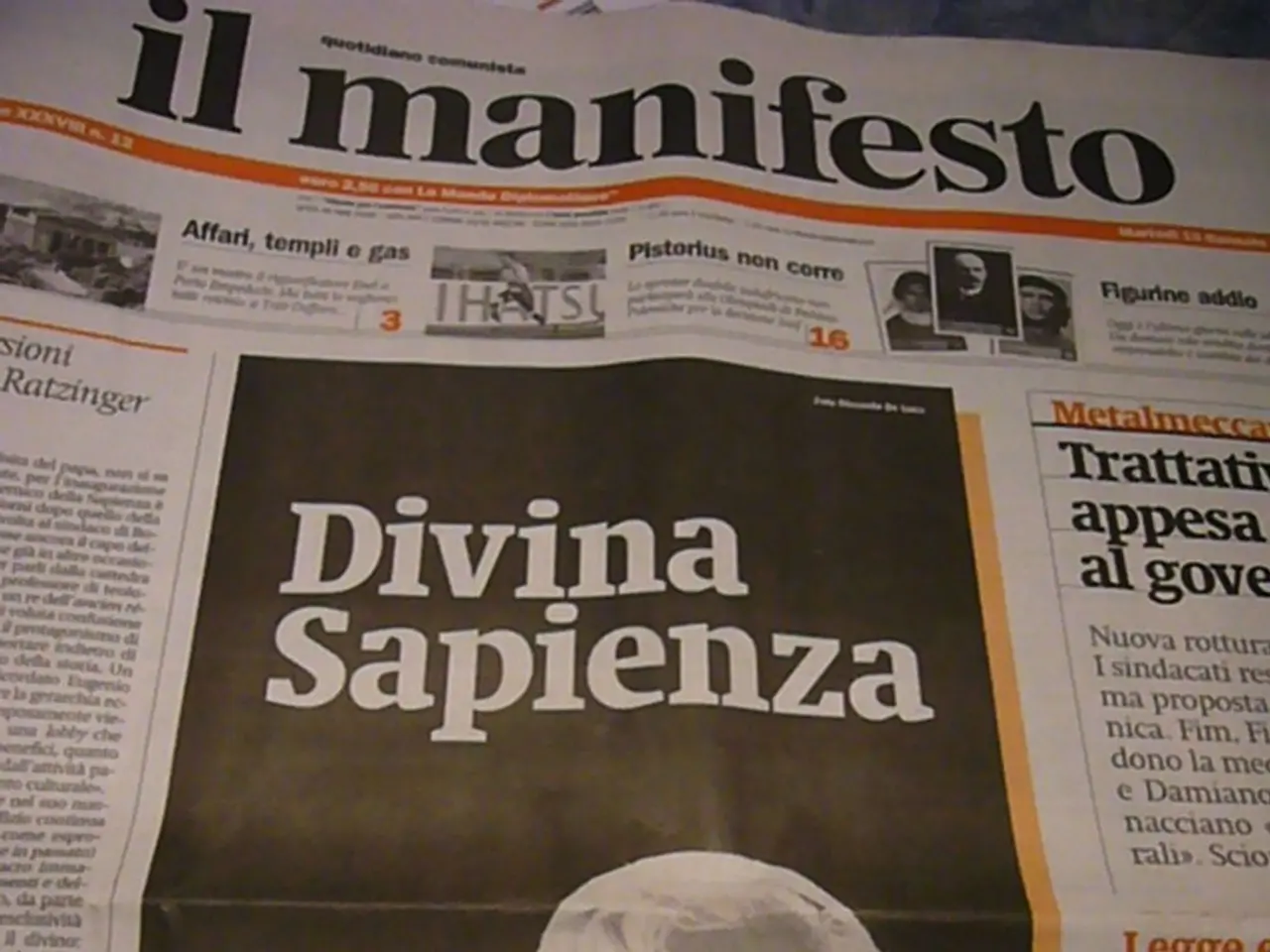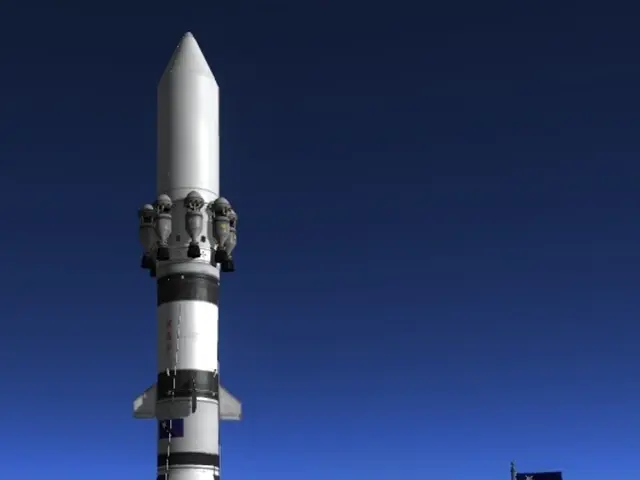Tale of Suicide of Investigative Reporter Gary Webb, Known for Unveiling CIA Involvement in Drug Trade
In the 1980s, a series of shocking revelations rocked the United States, as a three-part investigation by Pulitzer Prize-winning reporter Gary Webb exposed a dark alliance between the Central Intelligence Agency (CIA), Nicaraguan Contra rebels, and a Southern California drug ring.
The investigation, published in the San Jose Mercury News in 1996, uncovered a group of rebels trying to overthrow the socialist government of Nicaragua, funded by a Southern California drug ring and backed by the CIA. The series, titled "Dark Alliance," suggested that the CIA funded a drug epidemic in Los Angeles' Black neighborhoods to finance an attempted coup of Nicaragua's socialist government.
At the heart of this dark alliance was Oscar Danilo Blandón Reyes, a former Nicaraguan bureaucrat-turned-prolific cocaine supplier in California. Blandón seemed to be protected by invisible higher-ups who quietly held jurisdiction over local authorities. His work had devastating consequences, as L.A.'s drug lords had come up with a way to make cocaine cheaper and more potent: cooking it into "crack."
The profits from these drug sales, according to Webb, helped finance the Contra war effort indirectly. This connection suggested that the CIA was either complicit in or turned a blind eye to drug trafficking operations contributing to widespread drug addiction and social devastation in urban U.S. communities.
The series sparked controversy because it implied government awareness or involvement in drug trafficking contributing to a major public health crisis. Major newspapers like The New York Times discredited Webb's reporting, and his own employers turned their back on him. The CIA denied Webb's story entirely, and he was demoted. In 2004, Webb died by suicide.
However, an investigation into the CIA revealed that Webb may not have been wrong after all. "Freeway" Rick Ross, one of the biggest crack dealers in L.A., raked in more than $900 million in the 1980s, with a profit encroaching on $300 million (nearly $1 billion in today's currency). Ross, upon learning that Blandón had worked for the Contras, selling drugs to finance their weapons supplies, was flabbergasted. He didn't know who the Contras were or who was financing their war.
Ross, unaware of Blandón's past, only knew him as a smooth-talking guy with an unending stash of cheap cocaine. After six years of shepherding thousands of kilos of cocaine worth millions of dollars to the Black gangs of L.A. without a single arrest, Blandón was busted on drugs and weapons charges on Oct. 27, 1986.
The controversy surrounding Webb's investigation continued, with official investigations acknowledging some concerning relationships but not conclusively proving direct CIA operational control of drug trafficking. However, the series brought significant attention to these covert connections and their social consequences.
The U.S.-backed dictatorship of Anastasio Somoza Debayle in Nicaragua came to an end with the Sandinista Revolution of 1978 and 1979. In order to topple the Sandinistas, CIA interests had to find alternative means to plant a figurehead of their choosing. President Ronald Reagan allocated $19 million to set up a U.S.-trained paramilitary force of 500 Nicaraguans, known as the Contras. However, to topple the Sandinistas, the Contras needed more weapons and money, and they looked beyond foreign aid.
This dark alliance, known as the "Dark Alliance," consisted of a drug ring that sold tons of cocaine to the Crips and Bloods street gangs of Los Angeles and funneled millions in drug profits to an arm of the Contra guerrillas of Nicaragua run by the Central Intelligence Agency. The series of reports by Gary Webb set off protests in L.A. and Black communities across the country, as African Americans were outraged by the assertion that the U.S. government may have supported or turned a blind eye to a drug epidemic that ravaged their population.







